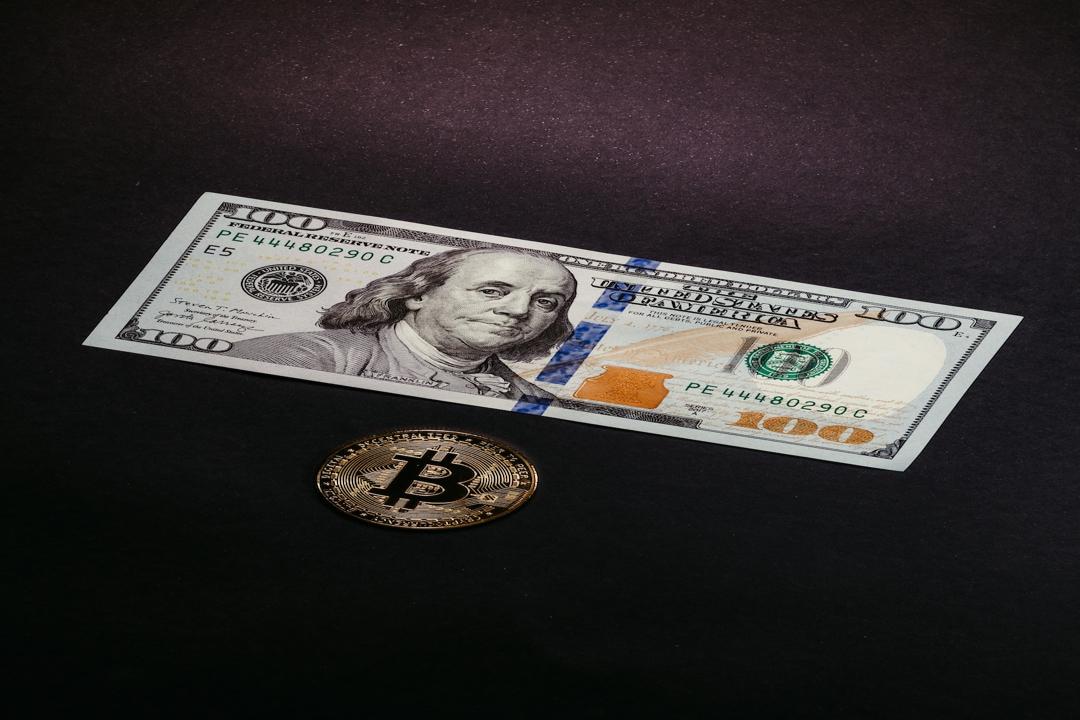“Everyone has the right to freedom of peaceful assembly and association. No one shall be compelled to belong to an association.” – Article 20, Universal Declaration of Human Rights
Communities have an inherent and inviolable right to flourish through self-organization and collective action, free from the constraints of the status quo. The technology that enables communities to launch computer programs they own, in the form of sovereign blockchains, is crucial to realizing this right.
Throughout human history, the development of societies has always been driven by groups with common goals, whether through grassroots movements, struggles, innovations, or cultural pursuits.
In order to fully exercise the freedom of assembly and association, people must be able to create and enforce shared social agreements and contracts that govern their relationships within the community. They must be able to execute these agreements without relying on intermediaries such as states or corporations, which are often slow, bureaucratic, untrustworthy, corrupt, or susceptible to censorship.
For the first time in history, blockchain allows consenting individuals to enter into shared economic and contractual relationships with each other without the need for unreliable intermediaries to enforce the terms of these relationships. This has enabled the emergence of many new social and economic prototypes, including Decentralized Autonomous Organizations (DAOs), Distributed Cooperative Organizations (DisCOs), Decentralized Finance (DeFi), Cooperative Finance (CoFi), and Regenerative Finance (ReFi).
Sovereign Blockchains: The Sovereignty of Communities
“Governments of the industrial world, you weary giants of flesh and steel, I come from Cyberspace, the new home of Mind. On behalf of the future, I ask you of the past to leave us alone. You are not welcome among us. You have no sovereignty where we gather.” – Declaration of the Independence of Cyberspace
Blockchain is a computer program owned by the community, whose rules are collectively enforced by everyone who possesses a copy of the same program and participates as a node in the network.
This network does not require any higher authority to enforce the rules of the computer program owned by the community, such as an army or police force. The rules are enforced directly by the participants in the network, and the generated ledger is meaningful and valuable because the community has endowed them with these characteristics through social contracts.
Therefore, blockchains are sovereign because they directly implement the will of the community bound by shared social contracts. This, in turn, grants sovereignty to the community, similar to the sovereignty of a nation-state.
The top-level social contracts govern all contractual relationships, rules, and laws, and their authority ultimately derives from social contracts between individuals.
Traditional organizations, for example, derive their authority from the laws of the country in which they are registered, which may originate from the legislative body of the state, such as a parliament, ultimately deriving their authority from social contracts between people, which may be recorded in a constitution. Through social consensus, these social contracts can and often are amended through peaceful or forceful means.
These top-level social contracts are foundational, granting authority to all contracts beneath them, with no higher authority above them.
Blockchain uniquely possesses its own top-level social contract independent of the top-level social contracts of nation-states, enforced by the social consensus of sovereign communities that participate in the network and give meaning and value to the ledger. Similarly, this social consensus can amend the rules of the blockchain through a hard fork, which only makes sense when the blockchain network community has sovereignty through its own top-level social contract.
Sovereignty Aggregating Chains as Sovereign Communities
Like traditional contracts, non-sovereign smart contracts can be created under a sovereign blockchain that operates as a smart contract platform. For example, a DAO deployed on a layer-one blockchain falls under this category. However, this DAO would not be a sovereign community because its authority does not derive from its own top-level social contract but from a third-party contract. If the community of the DAO wishes to achieve justice in some way and enforce its social contract, it will be unable to do so without permission from a higher-level top-level social contract.
The ability for sovereign communities to create their own top-level social contracts is a fundamental, unique, and powerful new prototype enabled by blockchain. However, the deployment and maintenance of their own top-level consensus and validator networks pose significant costs.
By avoiding the need for each sovereign community to deploy a new consensus network, Sovereignty Aggregating Chains significantly reduce the friction for sovereign communities to realize their top-level social contracts in the form of community-owned computers. This will bring a new reality where communities indeed have an inherent and inviolable right to flourish through self-organization and collective action, free from the constraints of the status quo.
The era of millions of sovereign communities having their own top-level social contracts rapidly emerging in the form of sovereignty chains may be on the horizon, by building modularly and retaining sovereignty.

